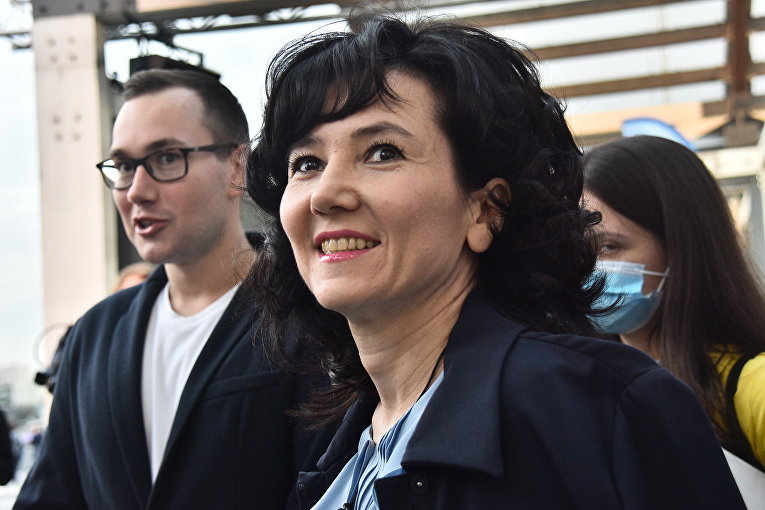MOSCOW, March 18 (RAPSI) — The Russian Ministry of Justice has supported the Civic Chamber as to the extension of the moratorium on reporting about foreign financing by nonprofits (NPOs) until July 15, 2021, by issuing a respective proposal, Secretary of the Chamber Lydia Mikheyeva informs.
The day before, the Justice Ministry hosted a working meeting dedicated to the issue of the presentation of reports by non-profit organizations on their activities for year 2020. In particular, the Ministry proposed to extend the moratorium, which concerns the reporting on foreign financing of their donors.
Justice Minister Konstantin Chuichenko expressed his confidence that it was needed to implement a balanced approach that would not entail negative consequences for the activities and reputation of bona fide NPOs, but at the same time ensure compliance with the requirements of Russian laws.
In order to help nonprofits to organize their work under changed laws, the Ministry of Justice plans to extend the moratorium on their reporting about the funds they received from abroad for 3 months, Chuichenko said.
This January, the Chamber asked Chuichenko to extend this moratorium as to nonprofit organizations funded from domestic sources who in turn receive foreign financing.
Having expressed her satisfaction with the fact that the Ministry supported the Chamber’s initiative, Mikheyeva noted that the body will use the time the moratorium is in force for the development of an understandable algorithm for reporting on the amounts and purposes of spending of the funds received from donors, who may have foreign sources of financing, in a way ensuring that the respective procedures take into account the interests and protect the reputation of bona fide NPOs when ensuring compliance with legal requirements.
According to the Chamber Secretary, the body is ready to take an active part in the development of methodological recommendations for filling out reporting forms being a part of a special working group, and also proposes to conduct, together with the Justice Ministry, an expert discussion of these recommendations with the participation of NPOs on the Chamber premises.
Chair of the Chamber Commission on Nonprofit Sector Development and Socially Oriented Nonprofit Organizations Support Elena Topoleva-Soldunova also took part in the workshop. She expressed her satisfaction with the fact that the body had finally reached mutual understanding with the Justice Ministry, and that the Ministry could understand the Chamber’s concern with the fact that NPOs wish to report as honestly as possible, fulfill the obligations they have before the law, but, unfortunately, the existing reporting forms do not allow this. The Ministry of Justice assured the Chamber that it was ready to change the approaches to this type of reporting, specifically, how NPOs are to fill out the forms is to be defined by a working group at the Ministry of Justice, the social activist said.
Topoleva-Soldunova welcomed the fact that the Justice Ministry proceeds from the principle that NPOs act in good faith and that the Ministry is to request information on foreign financing of domestic donors when needed in cases where NPOs are unable to obtain and report such financing data on their own.
The Justice Ministry proposal as to the moratorium was also backed by Head of the Chamber Commission on Charity, Chairman of the Board of the Circle of Kindness Foundation, Alexander Tkachenko, who said that the time granted seems to be enough to come to an agreement within a working group for the development of reporting guidelines the Ministry intends to establish. However, the activist noted, the main thing is that an agreement had already been reached to the effect that respective recommendations are to be based on the principle of the presumption of legality and good faith of non-profit organizations and their counterparties. This fact means that during the time law enforcement practice is to be formed the Ministry will be actively engaged in a dialogue with the non-profit sector presuming that there is no need to impose excessive responsibilities and burdens on the NPOs already engaged in important for the society and complex social work, Tkachenko wrote on his Facebook page.



